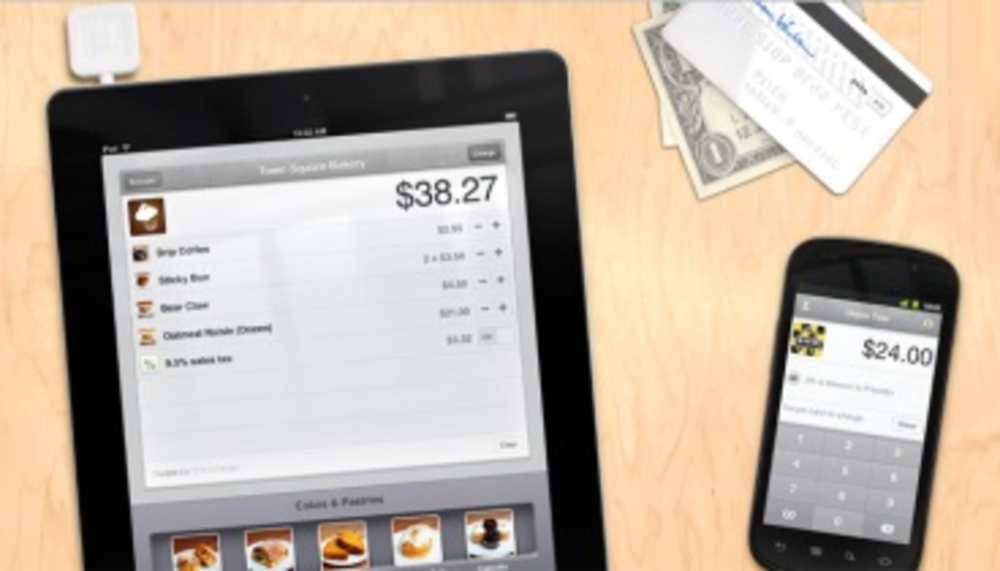I generally don’t keep paper receipts, and when I do, it’s usually by mistake. Getting undressed at the end of the day I might find three or four crumpled receipts from sundry bodegas or coffee shops stuffed into the pockets of my jeans, all of which immediately make their way into the trash bin. Sometimes when I’m rooting around in my wallet for my driver license I’ll come across an old receipt with such faded print it might as well be blank. Into the circular file.
From that vantage point, receipts are not the most inspiring medium…or really a medium at all. But according to Square CEO Jack Dorsey (you know, the guy who also cofounded that Twitter thing), digital receipts are a potentially rich, interactive communication channel—”if you consider the receipt to be more than just a piece of paper with coupons on the back that you probably throw away.”
Large, medium-size, and small businesses between them produce millions of (usually unwanted and quickly discarded) receipts every day, and the lifespan of the vast majority of those ill-fated receipts goes a little something like this: print receipt, hand over receipt, discard receipt into nearest trash receptacle.
“What’s the one thing people walk away from every single transaction with?” Dorsey rhetorically asked the NRF crowd. “Commerce has been with us since the dawn of civilization, and so has the receipt—for every transaction a receipt is given, but often it’s not taken because it’s not useful.”
Traditional receipts also don’t do much for retailers in terms of data collected. Phone numbers, email addresses, names, preferences—there’s a lot of good data out there not currently being mined at POS; data that many consumers would be more than willing to hand over if they knew it would be used responsibly and to provide them with a better, more personalized experience.
Square’s technology, which allows merchants to accept mobile payments by attaching a nifty little card reader to their tablet or smartphone, is about revamping the humble receipt into something better. A corresponding app acts as a kind of digital wallet. Consumers download the app, create an account, and associate a credit card. Having done that, they never have to hand over a credit card to a Square merchant, as in any business that accepts Pay with Square, ever again.
In other words, you could stroll through the door of your favorite coffee shop and the barista behind the counter will already know your name and your favorite/most frequently purchased items. He or she will also see your photo pop up on the POS screen. No money has to change hands. The purchase is automatically put onto your credit card followed by a push notification after payment, and you can browse your past purchases and access your digital receipts whenever you want from the app itself. You can also rate your experience, the store can send you specials right to your phone, and you can share your purchases with your friends—all that good stuff. When was the last time you shared a paper receipt with your friends (homophonic receipt hoaxes aside)? (A: probably not recently/ever.)
It’s a simple idea and that’s why it’s so potent; a totally frictionless experience powered by technology.
And the possibilities here are endless, Dorsey said—it’s just a matter of keeping your eyes peeled for opportunities to make the retail experience smoother, more intuitive, and mutually beneficial for brand and consumer alike.
In the words of Dorsey’s favorite science fiction writer, William Gibson, author of Neuromancer and coiner of the term “cyberpunk:” “The future is already here, it’s just not very evenly distributed.”








